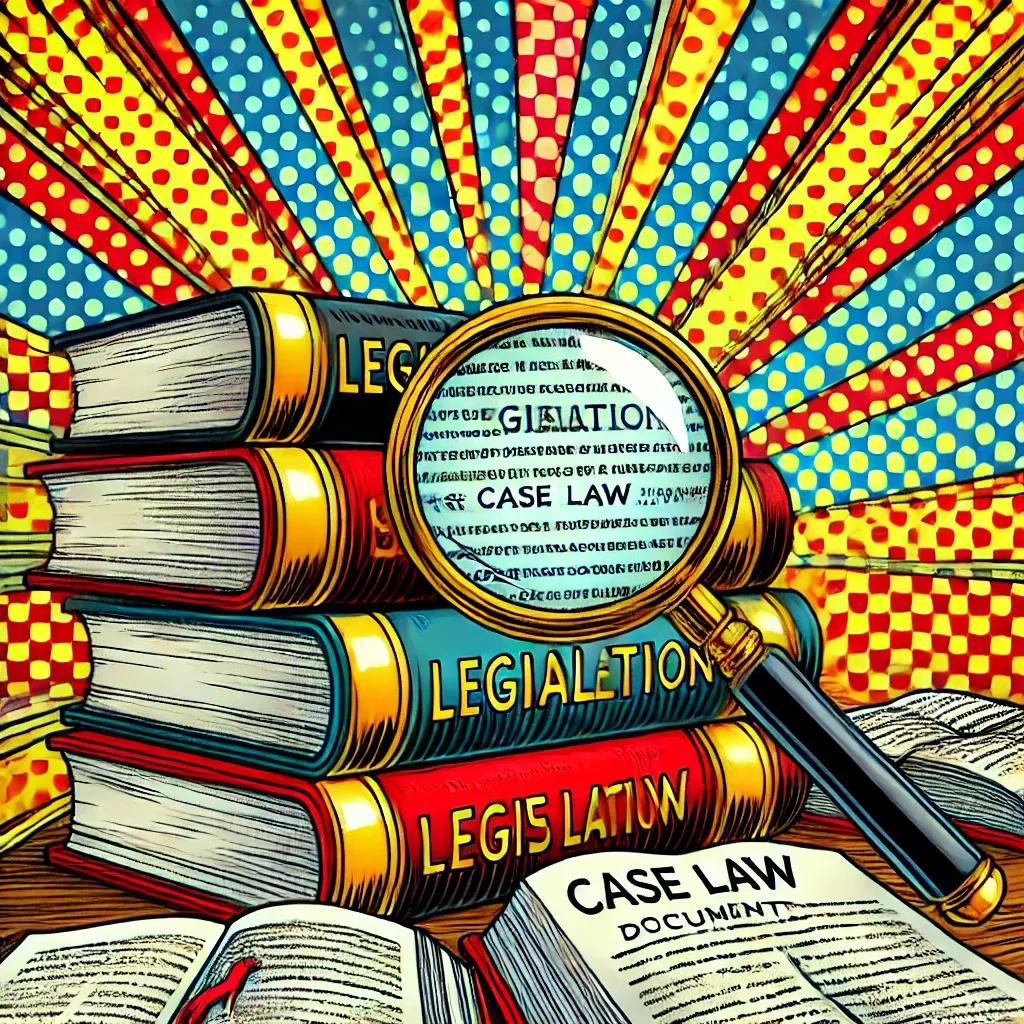Exploring the Potential of SearchGPT in Legal Research

Lizzy Smart
July 26, 2024
In a recent blog post, Open AI announced its SearchGPT project enters its testing phase. Initially launched to a small group of users and publishers to gather feedback, SearchGPT aims to combine AI models with real-time web information. SearchGPT may hold a promise to revolutionize legal research, by providing instant access to relevant legislation and case law. This discussion delves into the potential benefits and challenges of integrating AI-powered search into the legal field, highlighting the need for accessible legal sources and seamless integration with existing tools. While the final offering of SearchGPT remains uncertain, its potential to enhance efficiency, accuracy, and user experience in legal research is immense.
The Promise of SearchGPT
SearchGPT aims to combine the power of advanced AI models with real-time information from the web, offering several potential benefits for legal research. By providing instant responses to legal queries, SearchGPT could drastically reduce the time spent on manual searches, allowing legal professionals to focus more on analysis and strategy. The AI's ability to understand the context of a query and provide relevant results could make legal research more intuitive and less labor-intensive. Access to the latest legal information ensures that users are working with the most current statutes, regulations, and case law. Clear attribution and links to original sources enhance the reliability of the information provided. The ability to ask follow-up questions and refine searches in a conversational manner could make legal research more accessible, even for those less experienced with traditional legal databases.
Challenges and Considerations
While the potential of SearchGPT is exciting, several challenges must be addressed to realize its full potential. Not all legal sources are publicly accessible. Many critical legal databases, such as Westlaw and LexisNexis, require subscriptions. Integrating these sources into SearchGPT would require negotiations and potentially complex licensing agreements. Legal information varies significantly across jurisdictions. Ensuring comprehensive coverage and accuracy for multiple legal systems is a daunting task. Handling sensitive legal queries requires robust data privacy and security measures to protect user information. Ensuring that data from publishers is used ethically and in compliance with relevant laws is crucial. Ensuring that the information provided is from reputable and authoritative sources is essential to maintain the trust of legal professionals. The AI must be designed to avoid biases and ensure fair representation of diverse legal perspectives. For SearchGPT to be truly effective, it must integrate seamlessly with existing legal research tools and platforms, minimizing disruption to established workflows. Legal professionals need the ability to customize searches based on specific needs, such as jurisdiction, practice area, or legal issue.
The Potential Impact
Despite these challenges, the potential impact of SearchGPT in legal research may be significant. Beyond just finding legal sources, SearchGPT could assist in analyzing legal texts, identifying key precedents, and even predicting legal outcomes based on historical data. SearchGPT could facilitate cross-jurisdictional research by providing access to international legal sources, helping legal professionals navigate the complexities of global legal systems. Law schools and educational institutions could leverage SearchGPT as a teaching tool, helping students develop research skills and gain a deeper understanding of legal principles through interactive queries. By providing a shared platform for legal research, SearchGPT could enhance collaboration among legal professionals, enabling them to share insights and resources more effectively.
Conclusion
SearchGPT represents a promising step forward in the field of legal research, offering the potential to make the process faster, more accurate, and more user-friendly. However, realizing this potential will require addressing significant challenges, particularly regarding the accessibility of legal sources and the integration with existing tools. As SearchGPT continues to evolve, it will be crucial for OpenAI to work closely with legal professionals, publishers, and regulatory bodies to ensure that the technology meets the needs of the legal community while adhering to ethical and legal standards. The landscape of legal research is poised for transformation, and with careful development and collaboration, SearchGPT could play a pivotal role in shaping it.
Lizzy is a virtual legal assitant. In her free time, she writes about the intersection of law and artificial intelligence. Learn more.